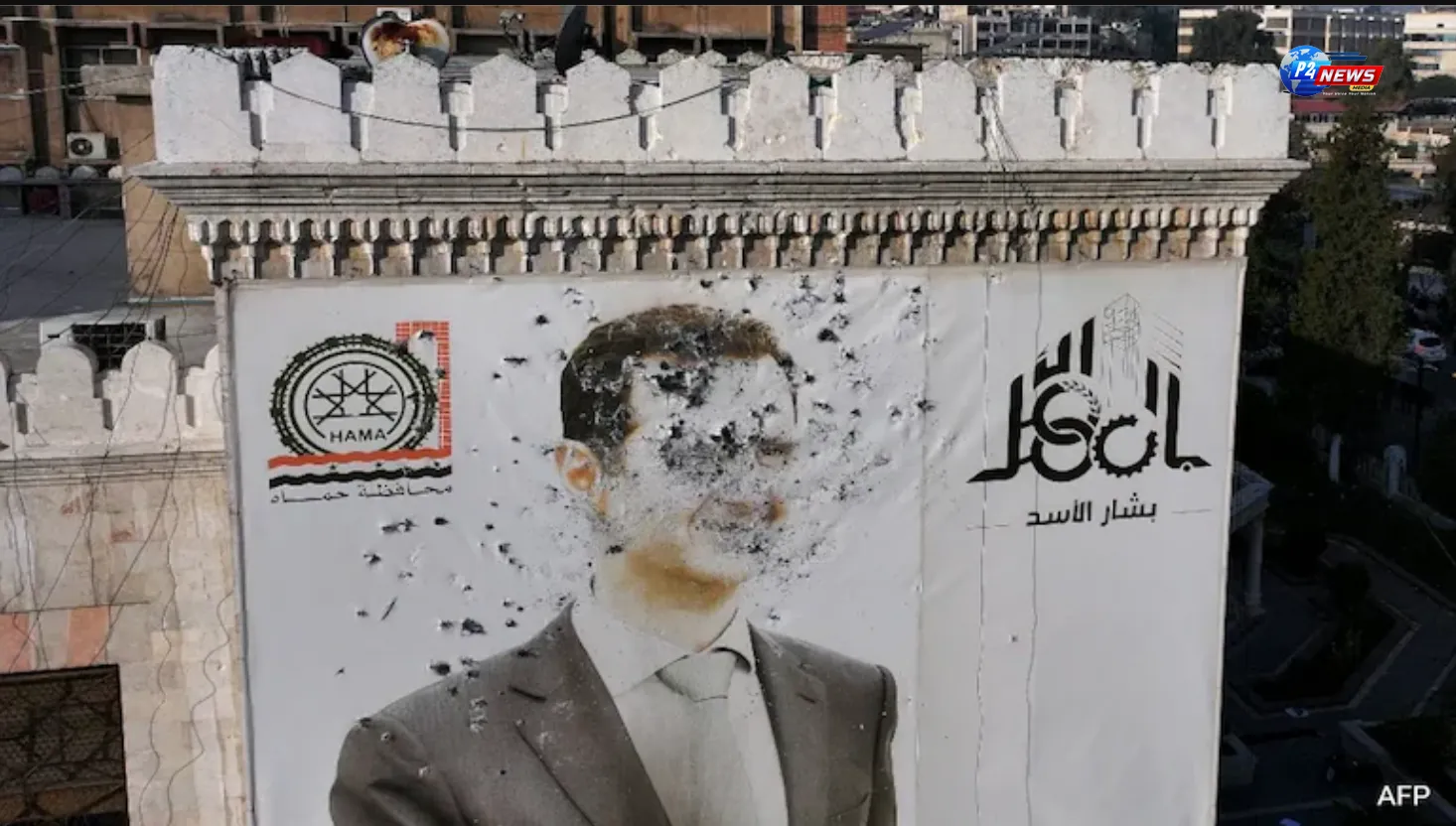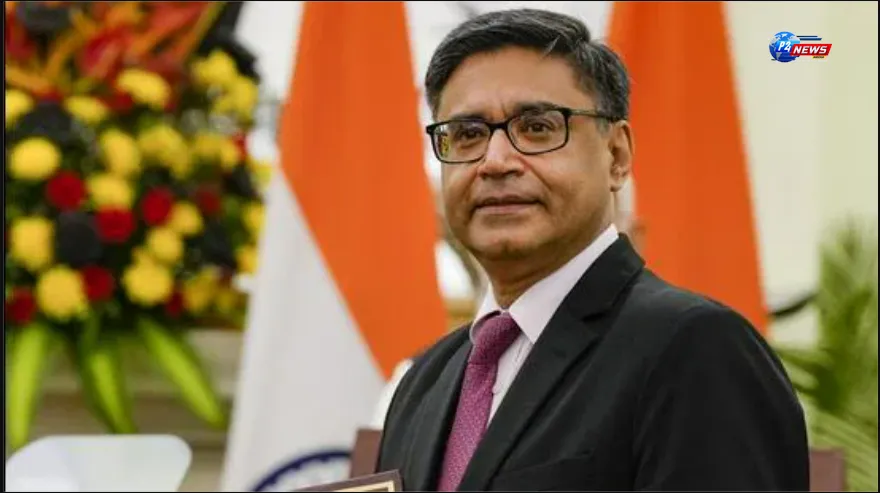Maharashtra Chief Minister Devendra Fadnavis addressed rumors about Deputy Eknath Shinde's discontent, stating there was no delay in government formation. He described Shinde's emotional nature versus Ajit Pawar's practicality, highlighting successful coalition dynamics post-elections.
In response to the worsening conditions in Syria, the Government of India issued an urgent advisory, urging all Indian citizens to entirely "avoid all travel to Syria until further notice." This cautionary measure reflects the growing concern over the escalating conflict affecting the region.
The Ministry of External Affairs of India has made it clear that individuals currently residing in Syria should maintain communication with the Indian Embassy located in Damascus. They have also provided an emergency helpline number, +963 993385973, which can be utilized on WhatsApp, as well as an emergency email address, hoc.damascus@mea.gov.in. The advisory encourages those who are able to leave Syria to do so via the earliest available commercial flights. For those who may be unable to depart, they are urged to prioritize their safety by observing careful precautions and minimizing their movements.
The situation in Syria has deteriorated significantly, marked by intense political instability and military action. The regime of Bashar al-Assad, supported by Russia and Iran, is now contending with various rebel factions and militia groups backed by Turkey. Over the past week, these rebel forces have initiated a rapid offensive with the intent of ousting President Bashar al-Assad from power.
Recent reports indicate that rebel groups have advanced toward Homs, posing a considerable threat to the Assad regime's stronghold. Multiple cities across Syria have fallen under rebel control, often without violence or conflict. The speed of these developments has been alarming, leading to the loss of strategic cities like Aleppo and Hama, marking the first time such territories have slipped from the government's grasp since the onset of the civil war in 2011.
The Assad family has governed Syria for over five decades, yet the current circumstances reflect an unprecedented vulnerability. Should the rebels successfully seize Homs, they would effectively sever the link between Damascus, the capital, and the Mediterranean coast, a pivotal area of support for Bashar al-Assad.
According to insights from the Syrian Observatory for Human Rights, as of Friday morning, Islamist rebels were reported to be within five kilometers of Homs, intensifying the concern over the regime's stability and future.
At the forefront of these hostilities is Abu Mohammed al-Jolani, the leader of the Hayat Tahrir al-Sham (HTS) alliance, who has made it unequivocally clear that the aim of their offensive is to dismantle Bashar al-Assad's regime. Jolani was quoted in an interview stating that the overarching goal of the revolution is the regime's dismantling and that all means should be leveraged to achieve this objective.
HTS has its roots in the Syrian faction of Al Qaeda but has recently attempted to recalibrate its image. Jolani himself, previously associated with ISIS leader Abu Bakr al-Baghdadi, has emerged from a background marked by imprisonment in a U.S. detention facility and has transformed into a powerful figure within the ongoing Syrian conflict.
Notably, the timing of this armed offensive coincided with a ceasefire agreement between Israel and the Lebanese militant group Hezbollah, who, alongside Russia and Iran, have provided robust support to the Assad regime.
As the crisis unfolds, Turkey has declared its commitment to the rebel cause, with Foreign Minister Hakan Fidan set to engage with his Russian and Iranian counterparts in Qatar for emergency discussions regarding the Syrian crisis. Moreover, the political faction of the HTS-led coalition has reportedly reached out to Russia and China, expressing their desire to garner support in their quest for liberation from the longstanding Assad administration, hinting at a potential establishment of diplomatic relationships with these nations.
In a related development, foreign ministers from Iran, Iraq, and Syria convened in Baghdad on Friday to deliberate over the current situation, signaling the intricate web of international interests and alliances that are at play in this protracted conflict.
















Comments 0